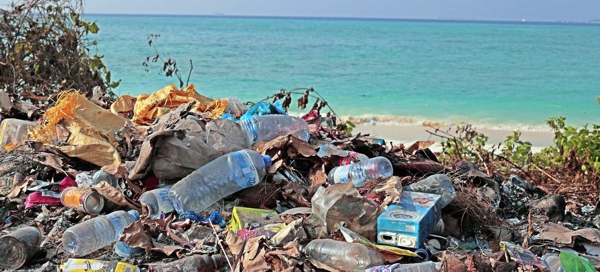In recent years, the mounting threat of plastic pollution has galvanized international attention. Oceans, rivers, and landscapes across the globe are littered with plastic debris, and microplastics have been detected everywhere from the deepest ocean trenches to the most remote mountain peaks. Recognizing the urgent need for coordinated global action, world leaders, scientists, and activists have pushed for a comprehensive solution that transcends national borders and addresses the root causes of the crisis.
The drive for an International Treaty on Plastic Pollution is one of the most significant recent global efforts to address environmental challenges. The latest major event in this process was the INC-5.2 session on the Global Plastics Treaty, which took place from August 5 to 14, 2025, at the Palais des Nations in Geneva, Switzerland. This session convened representatives from 183 nations, tasking them with hammering out a legally binding UN agreement to tackle plastic pollution across its entire lifecycle—from design and production to disposal and waste management.
What is INC-5.2
INC-5.2 stands for the fifth session, part two, of the International Negotiating Committee for a global agreement on plastic pollution. This body has convened regularly since 2022 to address the complex web of issues tied to plastics: every step—extraction, production, distribution, use, and disposal—generates waste and pollution, with hazardous chemicals and microplastics contaminating air, water, and soil.
Unresolved Issues and the Current Status
After ten days of negotiations, the talks concluded without a consensus. The draft treaty text was blocked, with differing countries arguing it either didn’t go far enough or went too far. The key sticking points included whether to impose caps on plastic production, the inclusion of bans or strict controls on harmful chemicals used in plastics, how to fund the treaty’s implementation, and whether the treaty should cover only plastic waste or the entire plastic lifecycle. Many delegates and observers called for reforms to the consensus decision-making process, which currently allows a single country or bloc to halt progress—an issue that stymied these talks.
Despite the disappointment, there is a strong and vocal commitment from nearly all parties to continue negotiations, recognizing the critical importance of this issue for present and future generations.
Impact on Women
Plastic pollution is not gender-neutral. Across the world, women—especially those in low-income communities—bear an outsized burden. Women are often at the frontlines of informal waste collection, which puts them at higher risk of exposure to toxic chemicals and microplastics. In many countries, women are primary caregivers, responsible for collecting water and managing household health, making them especially vulnerable to the contaminated resources caused by plastic waste. Chronic exposure can impact reproductive health, lead to higher rates of certain diseases, and strain women’s social and economic well-being.
Alarmingly, recent research has detected microplastics in human breast milk, raising concerns about exposure to nursing women and their infants. Studies found that anywhere from about 39% to 75% of breast milk samples tested contained microplastics such as polypropylene (PP), polyethylene (PE), polystyrene (PS), and polyvinyl chloride (PVC). These particles likely enter the mother's body through ingestion, inhalation, or skin contact with household plastics, packaging, water, and other products, as well as from plastic feeding bottles and storage bags used for breast milk.
Women’s voices have frequently been underrepresented in global decision-making on plastic pollution, even as their lived experiences provide critical insight into the far-reaching and often hidden impacts of this crisis. Integrating gender equity into the treaty process is urgently needed—not only to protect women’s health, but also to harness the knowledge and leadership of women in building sustainable solutions.
Moving Forward
Renewed political will, procedural reforms, and meaningful inclusion of affected communities—especially women—will be essential as the treaty process resumes. The world must keep this negotiation alive: effective action on plastic pollution is a matter of environmental justice, public health, and global sustainability.
